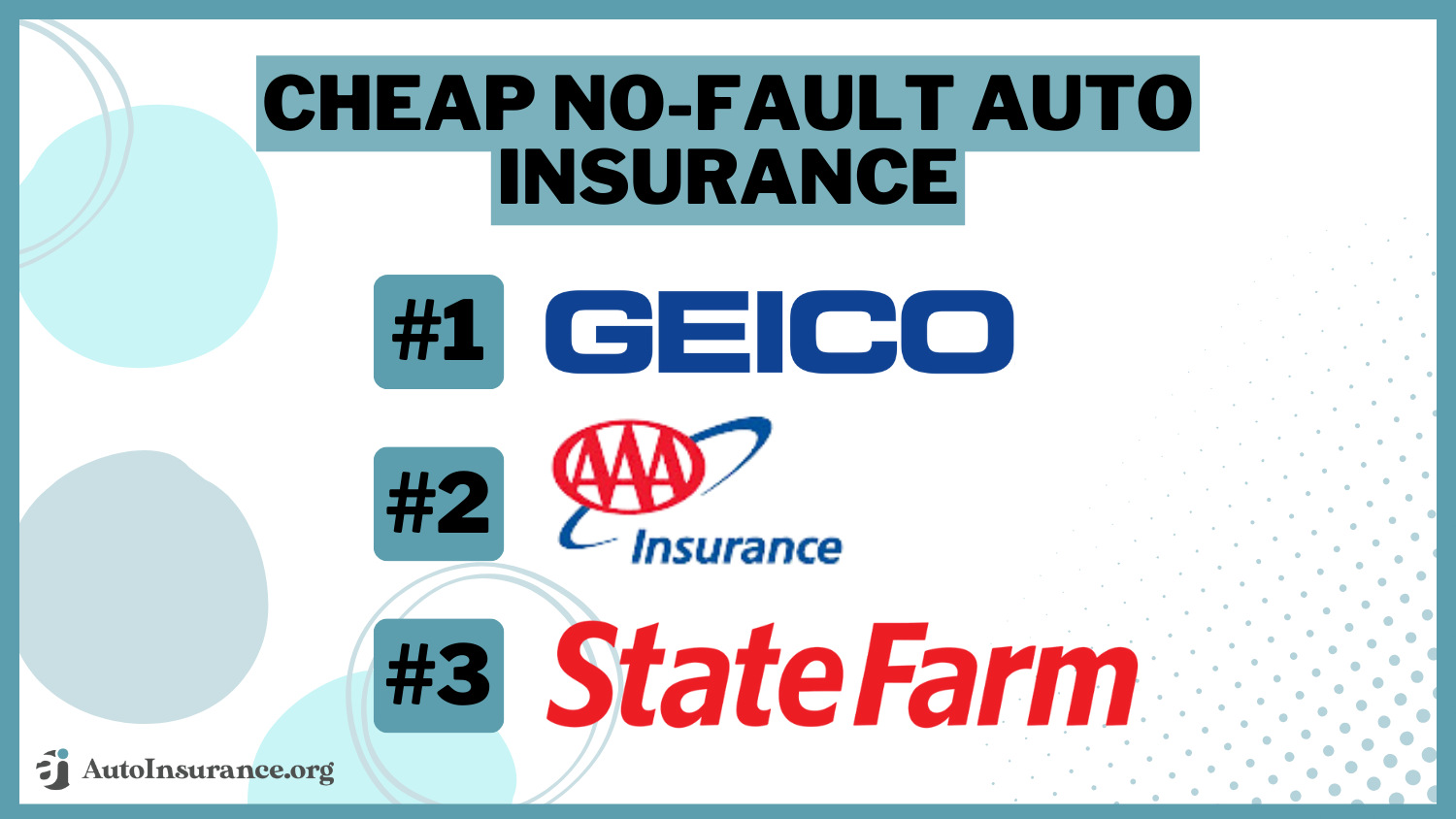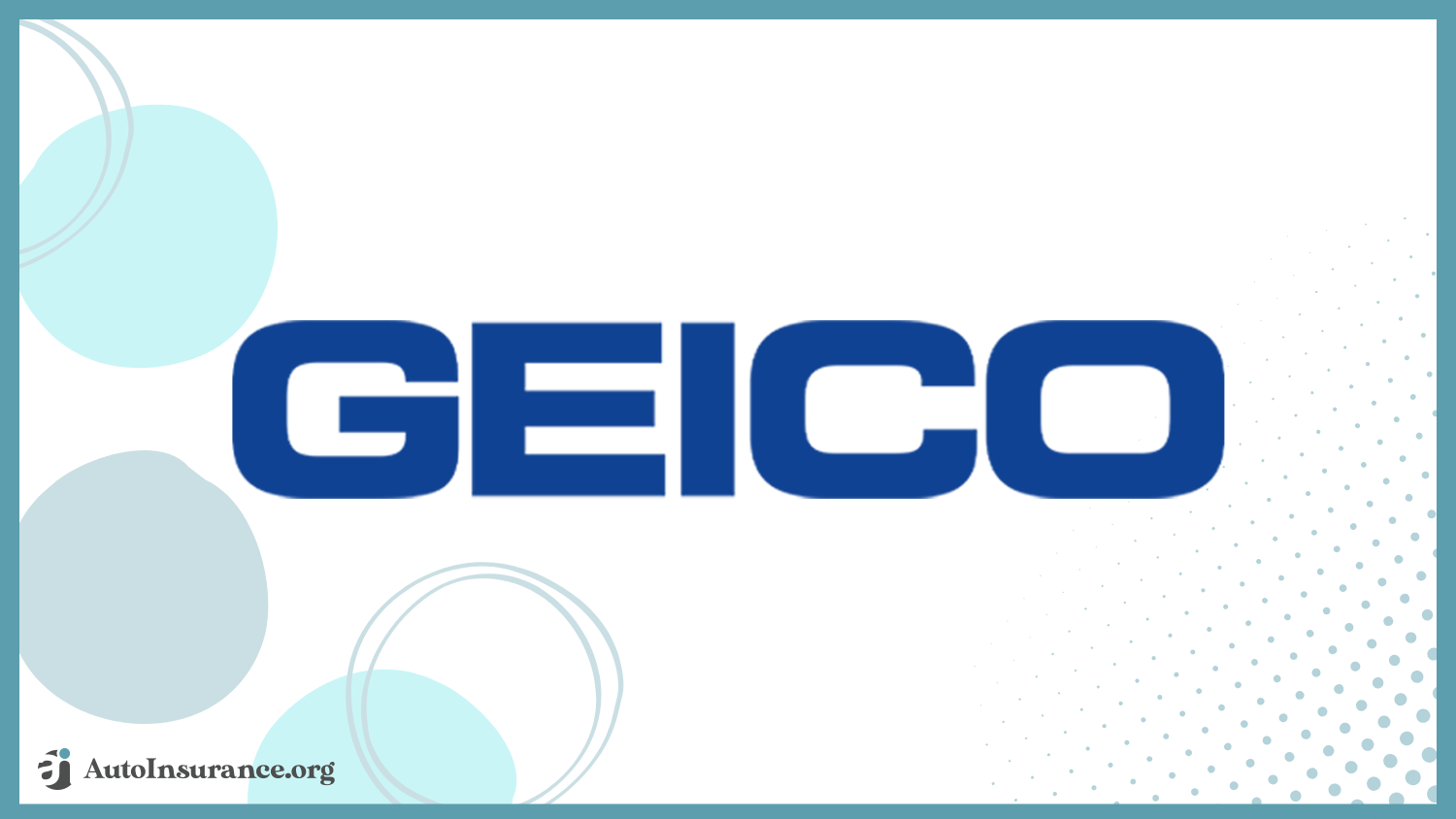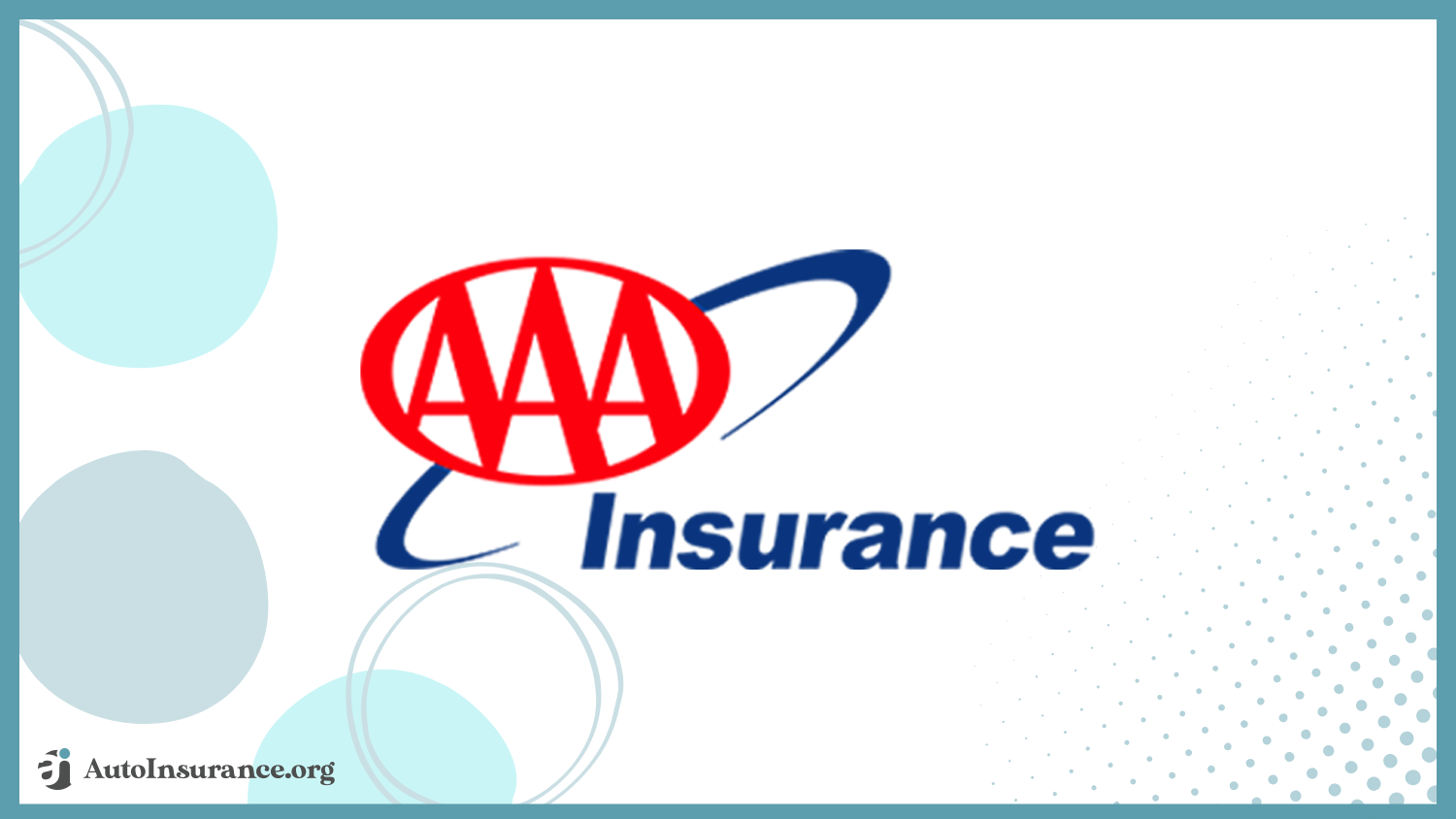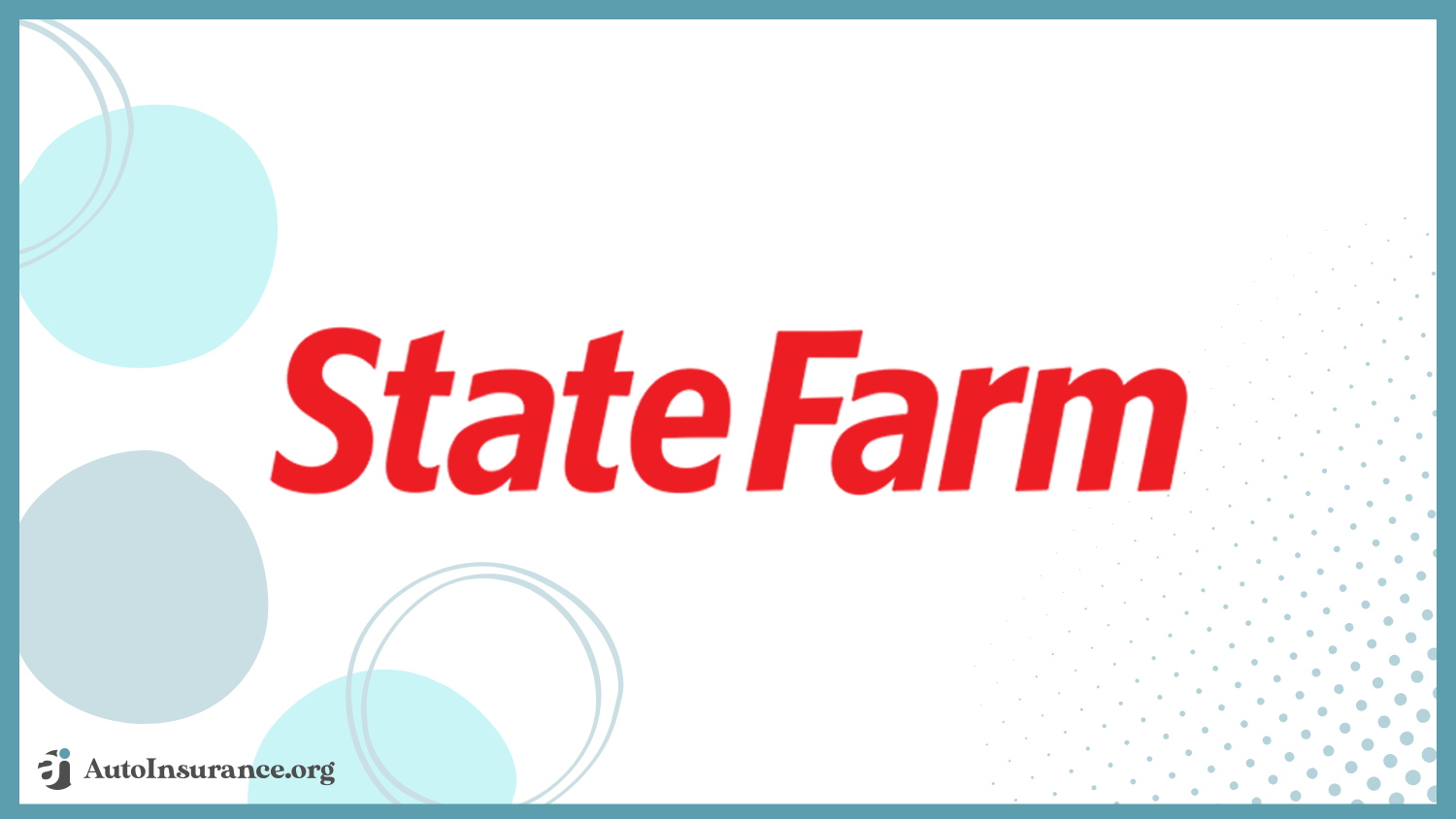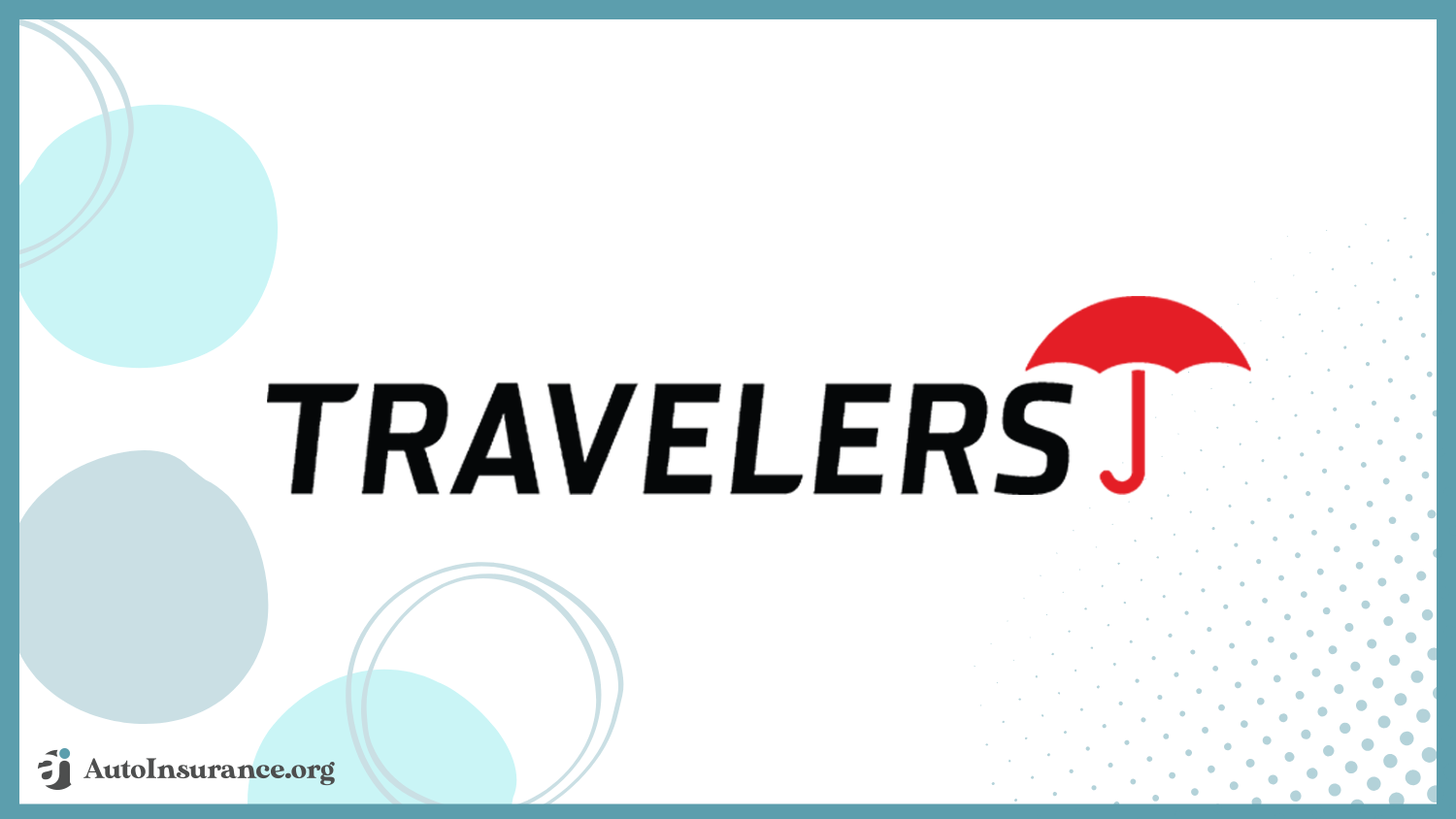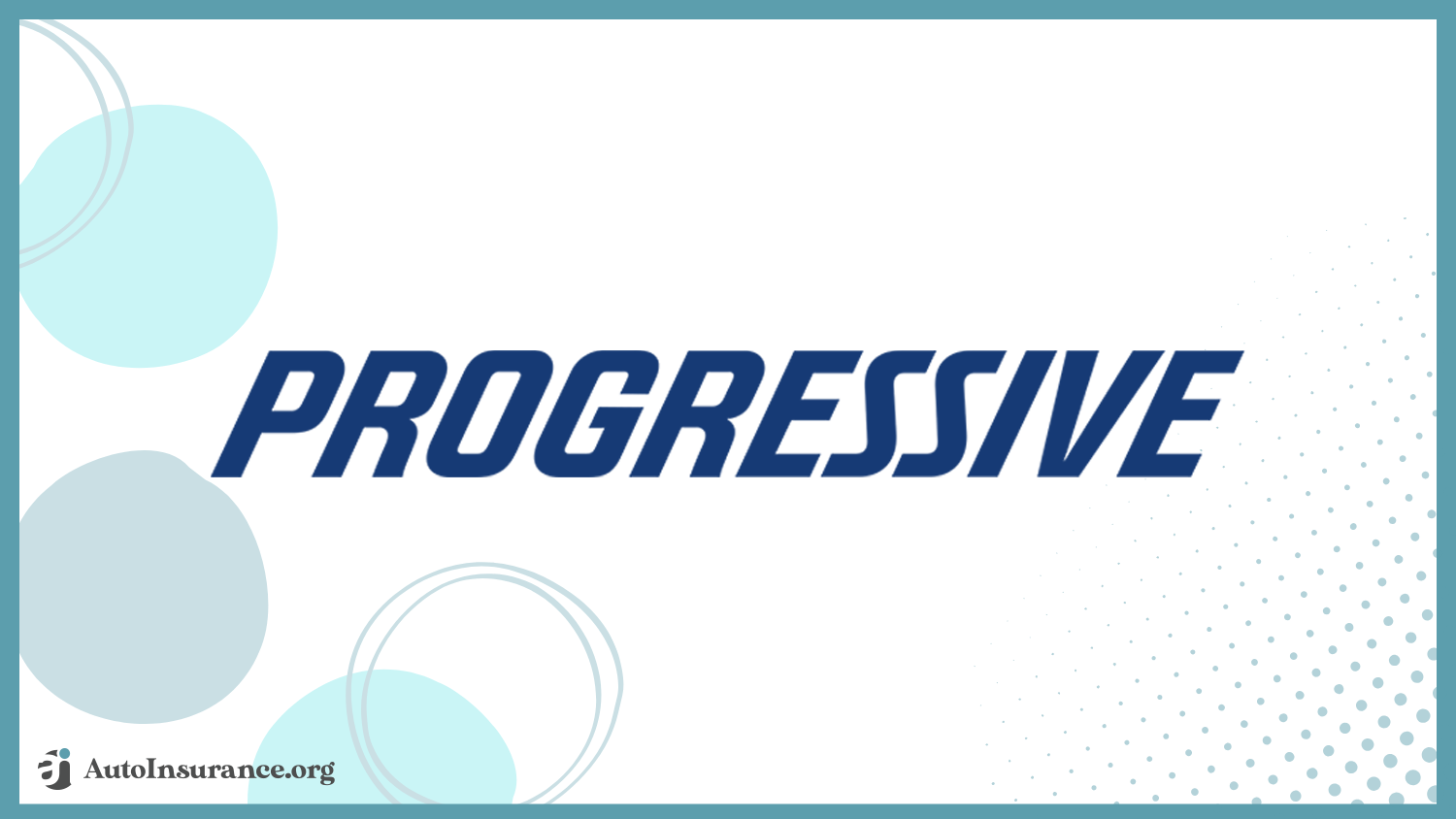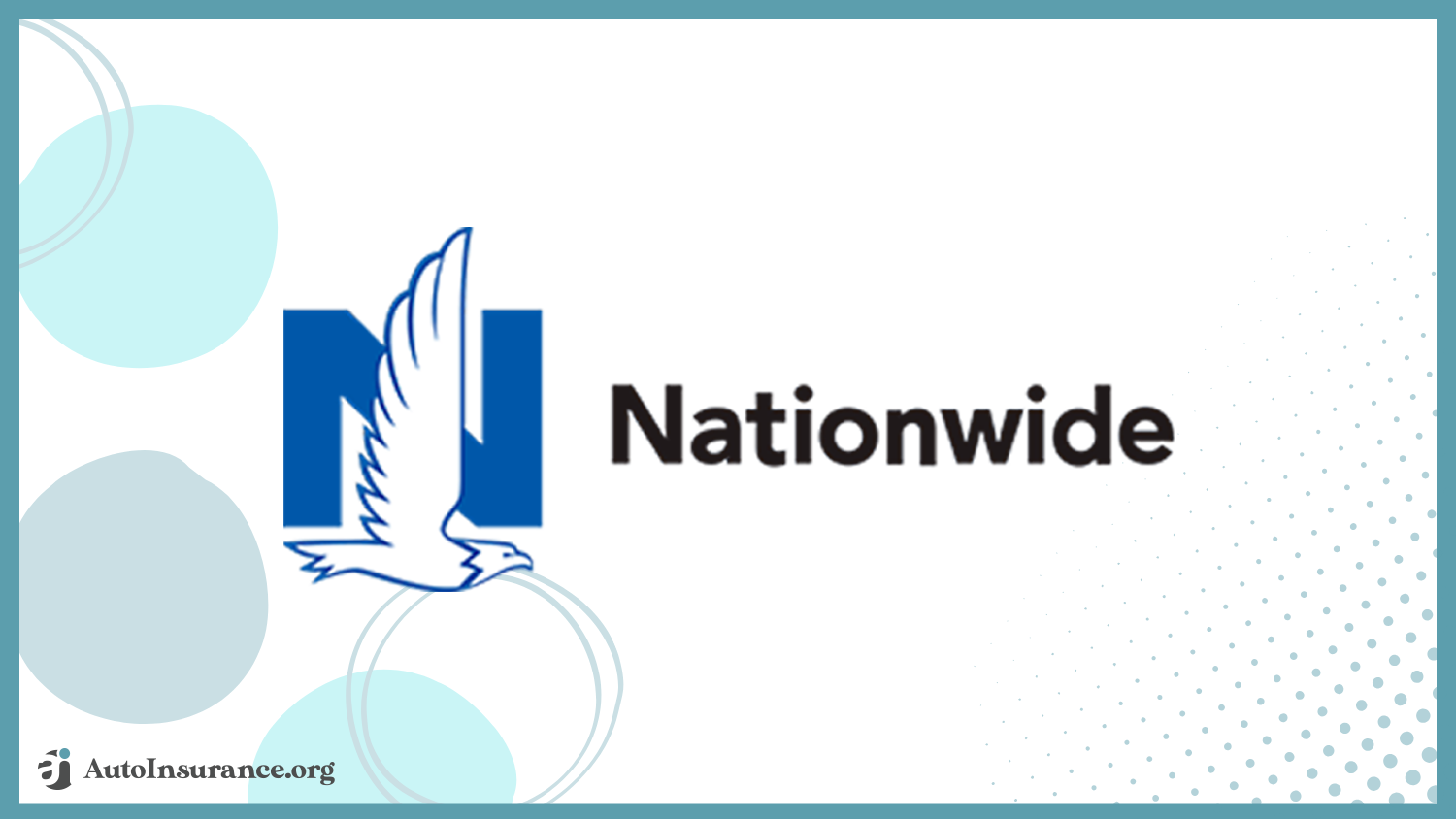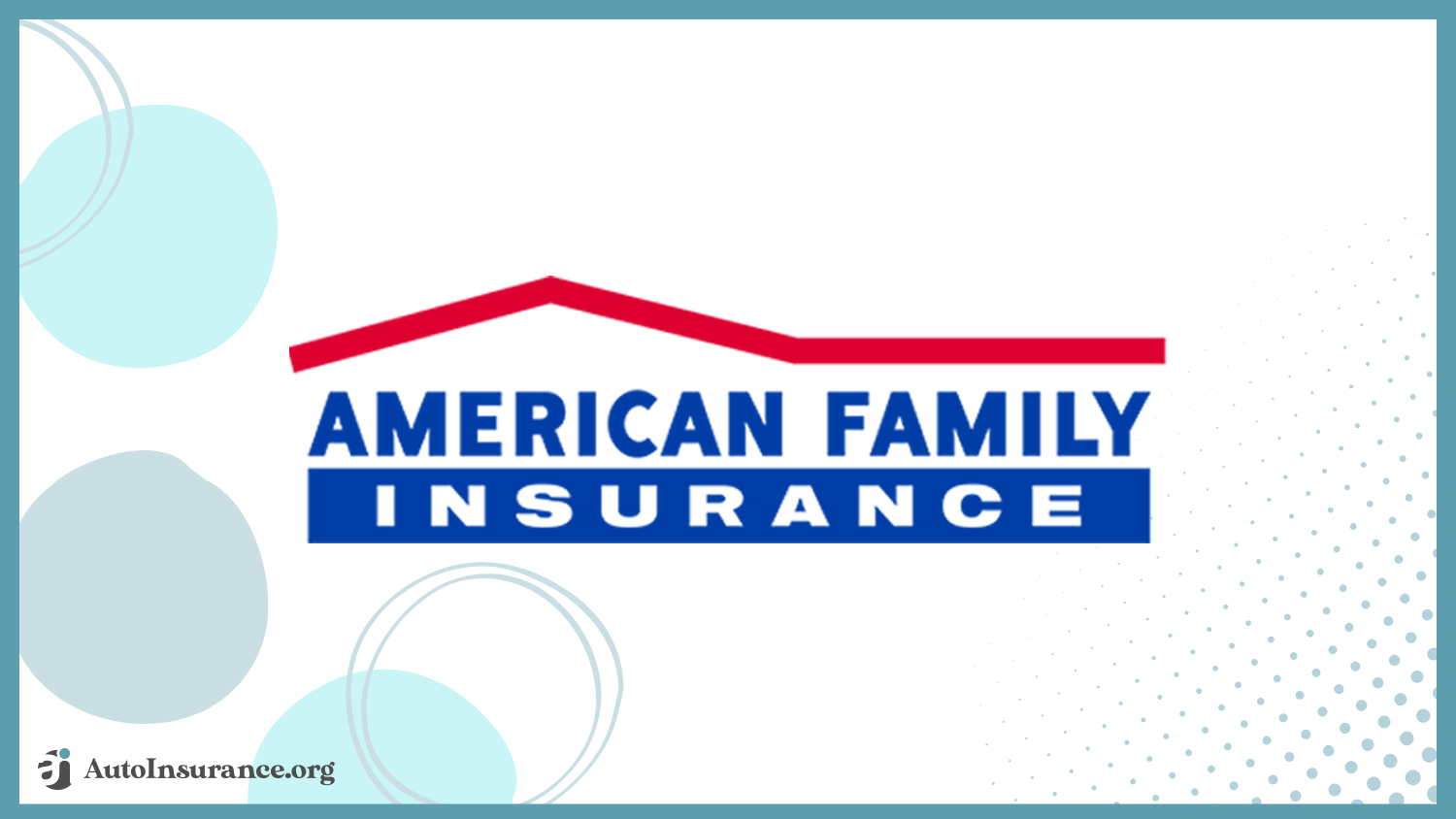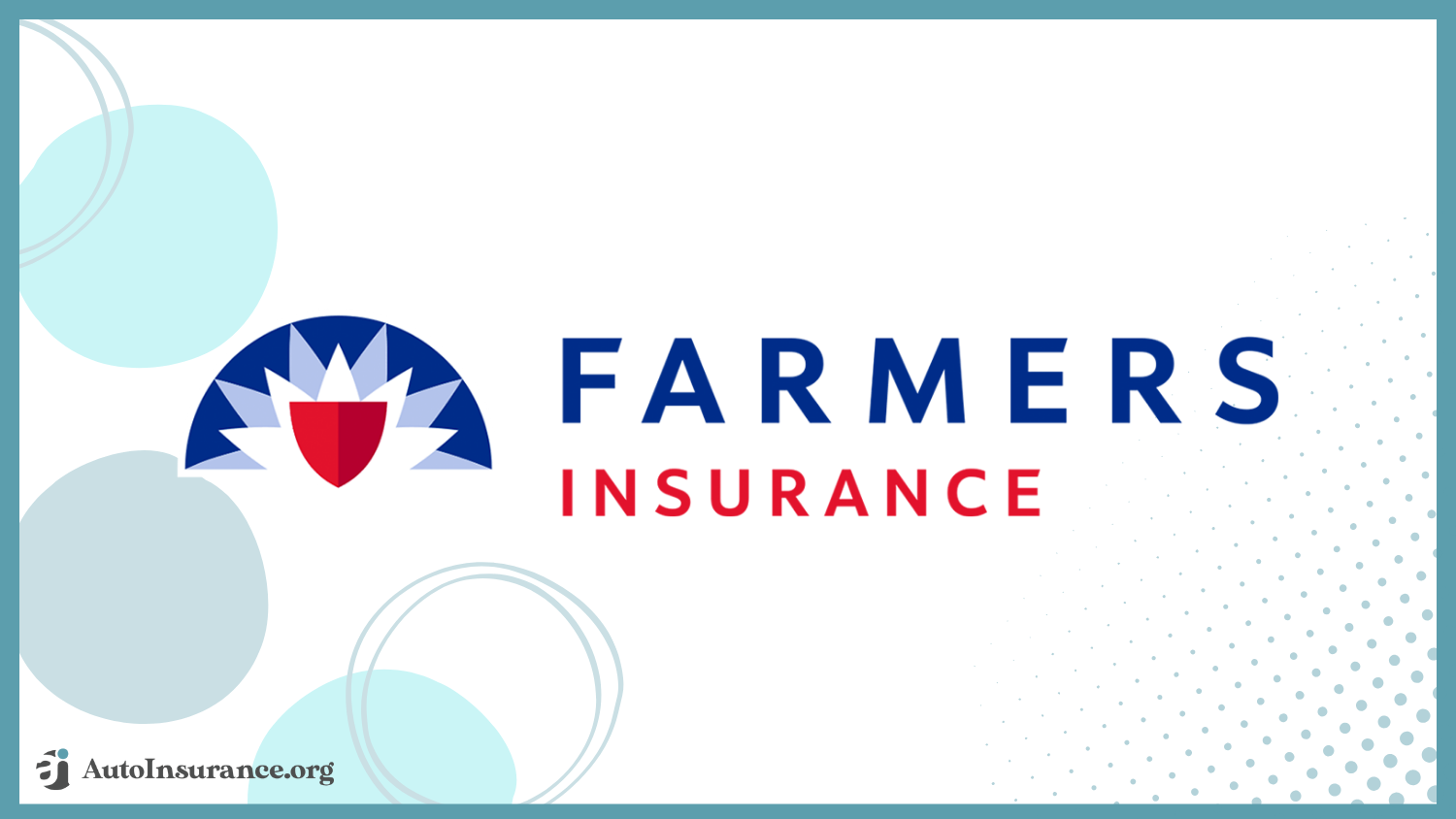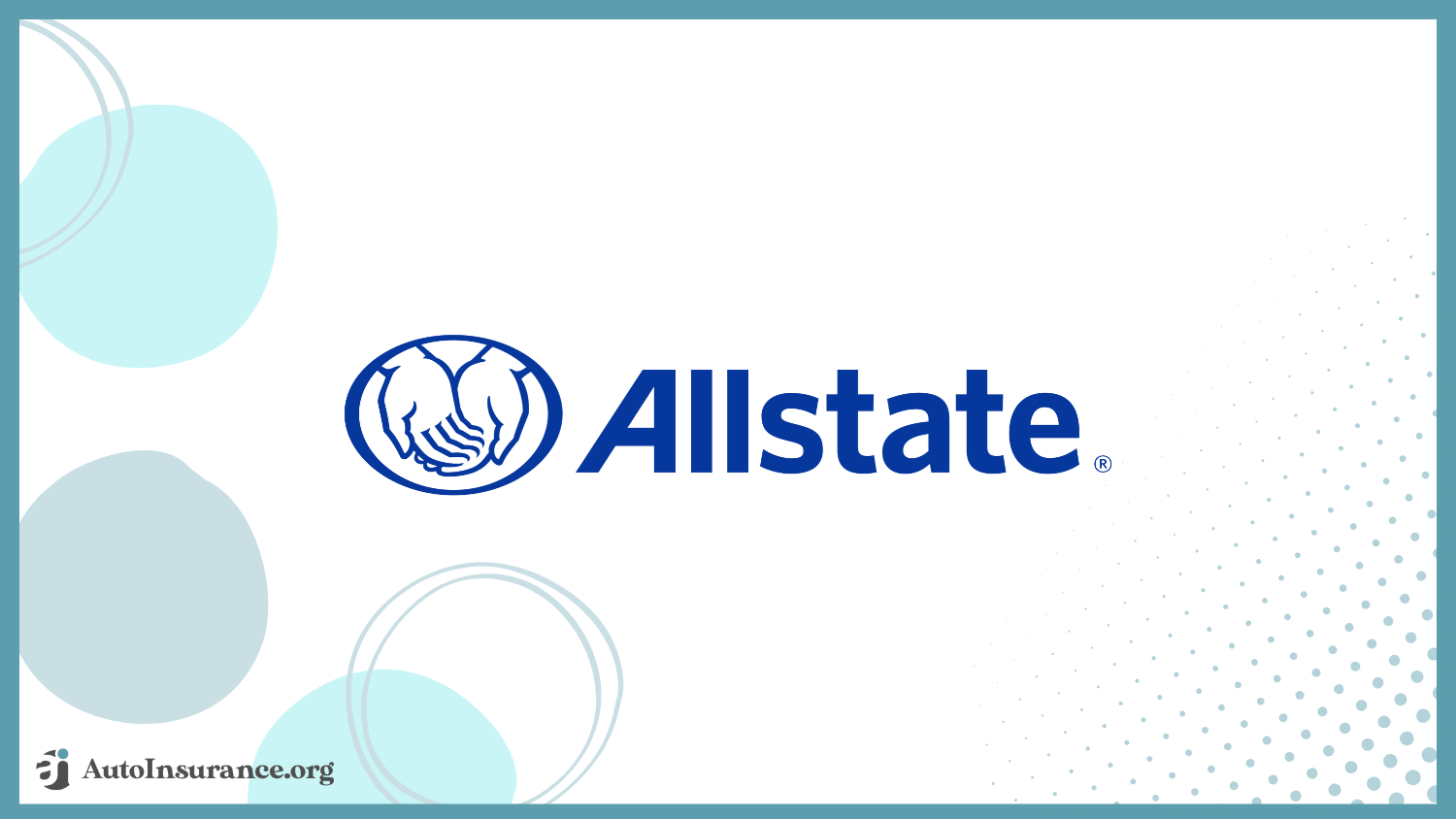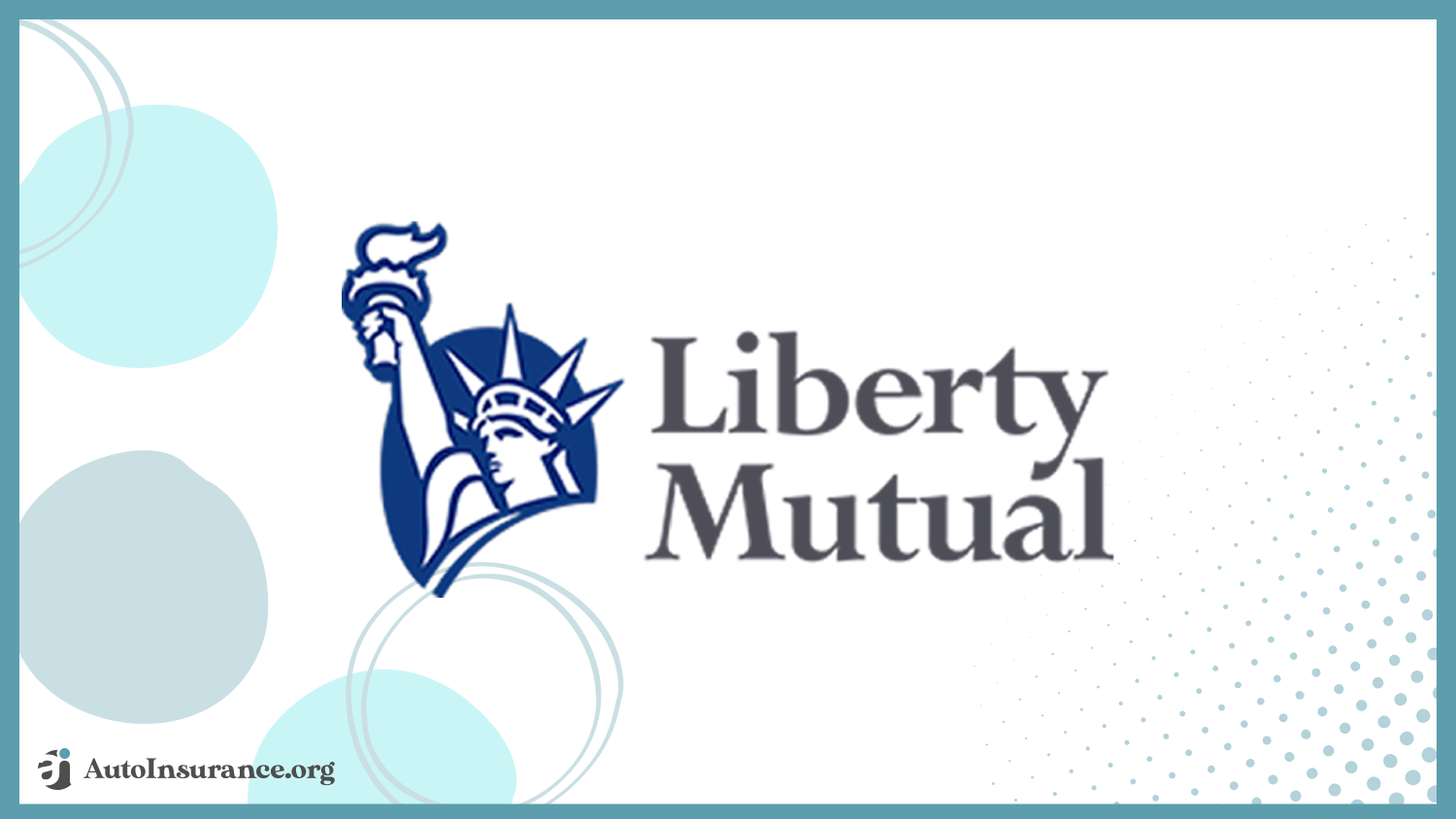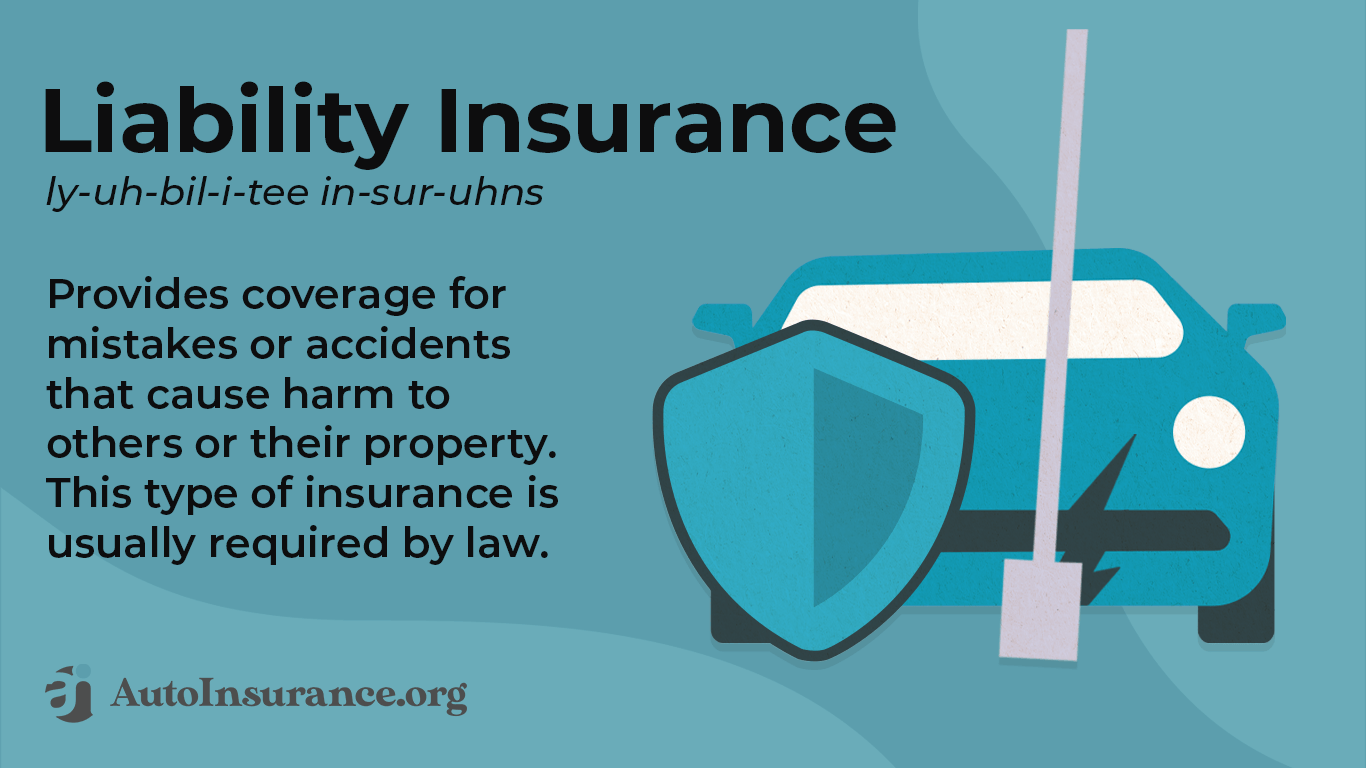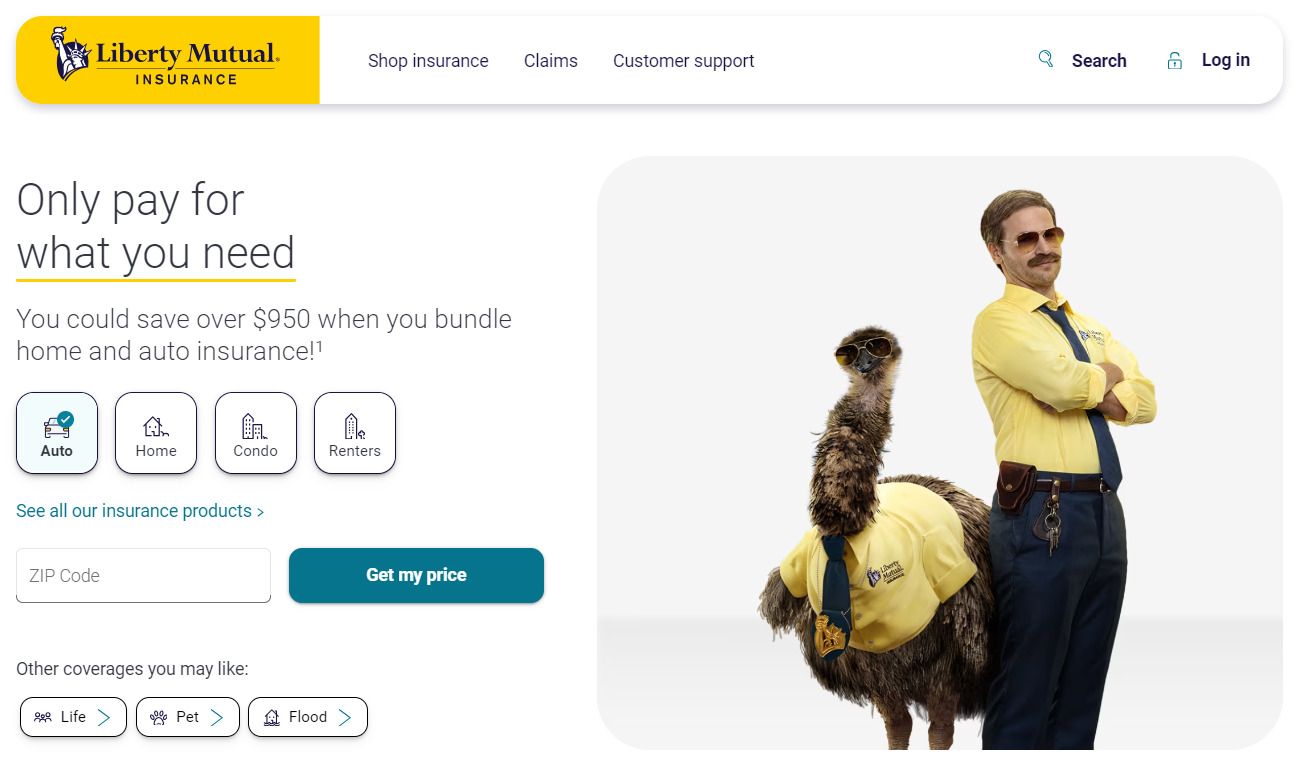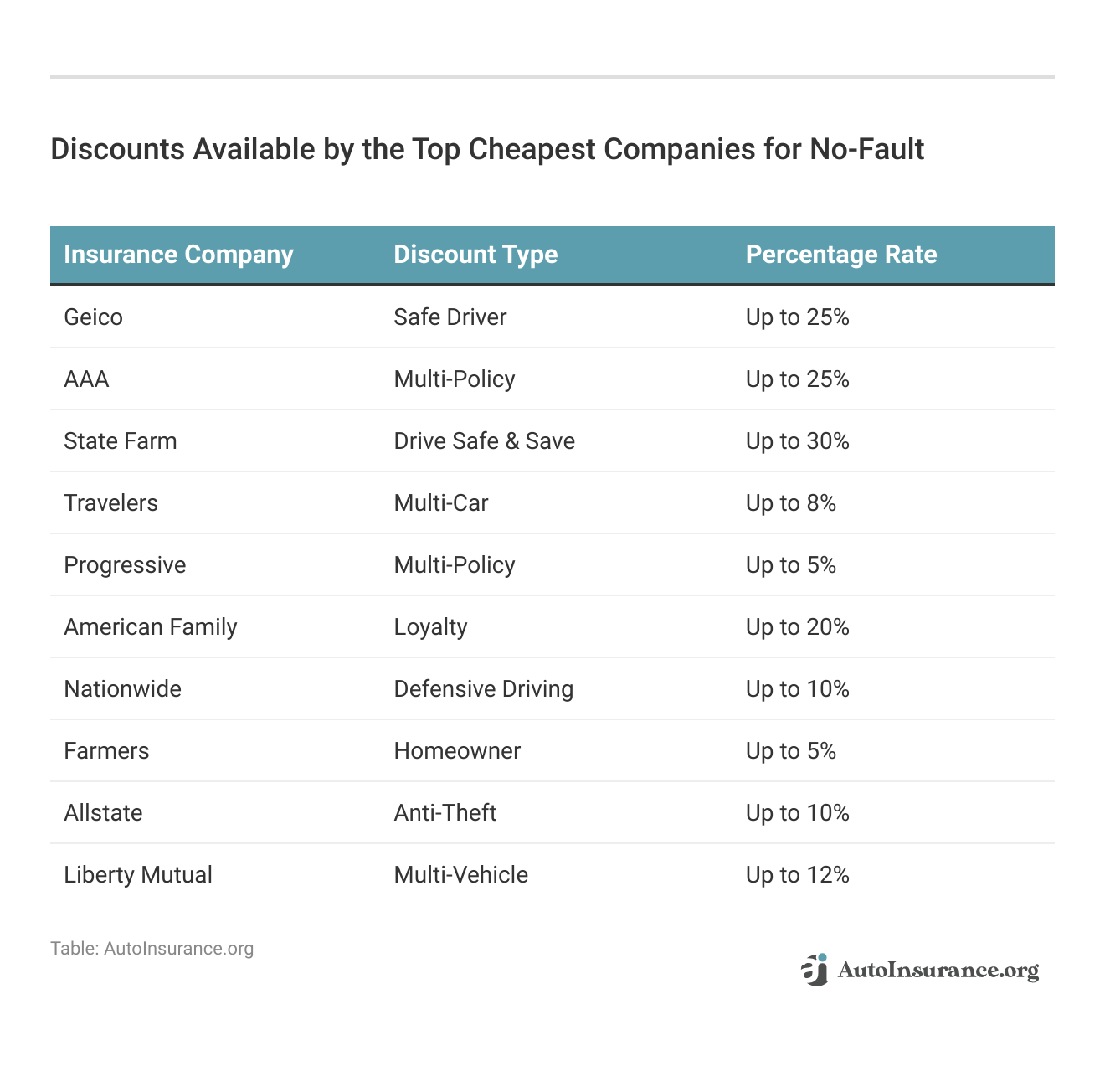Cheap No-Fault Auto Insurance in 2024 (10 Most Affordable Companies)
If you're looking for cheap no-fault auto insurance companies, Geico, AAA, and State Farm offer affordable options. Geico is our top pick for no-fault insurance, with rates at $30 per month. AAA offers policy customization while State Farm provides extensive coverage options.
Free Car Insurance Comparison
Compare Quotes From Top Companies and Save
Secured with SHA-256 Encryption
Chris Abrams
Licensed Insurance Agent
Chris is the founder of Abrams Insurance Solutions and Marcan Insurance, which provide personal financial analysis and planning services for families and small businesses across the U.S. His companies represent nearly 100 of the top-rated insurance companies. Chris has been a licensed insurance agent since 2009 and has active insurance licenses in all 50 U.S. states and D.C. Chris works tireles...
Licensed Insurance Agent
UPDATED: Sep 12, 2024
It’s all about you. We want to help you make the right coverage choices.
Advertiser Disclosure: We strive to help you make confident auto insurance decisions. Comparison shopping should be easy. We are not affiliated with any one auto insurance provider and cannot guarantee quotes from any single provider. Our partnerships don’t influence our content. Our opinions are our own. To compare quotes from many different companies please enter your ZIP code on this page to use the free quote tool. The more quotes you compare, the more chances to save.
Editorial Guidelines: We are a free online resource for anyone interested in learning more about auto insurance. Our goal is to be an objective, third-party resource for everything auto insurance related. We update our site regularly, and all content is reviewed by auto insurance experts.
UPDATED: Sep 12, 2024
It’s all about you. We want to help you make the right coverage choices.
Advertiser Disclosure: We strive to help you make confident auto insurance decisions. Comparison shopping should be easy. We are not affiliated with any one auto insurance provider and cannot guarantee quotes from any single provider. Our partnerships don’t influence our content. Our opinions are our own. To compare quotes from many different companies please enter your ZIP code on this page to use the free quote tool. The more quotes you compare, the more chances to save.
On This Page
 19,116 reviews
19,116 reviewsCompany Facts
Minimum Coverage for No-Fault
A.M. Best Rating
Complaint Level
Pros & Cons
 19,116 reviews
19,116 reviews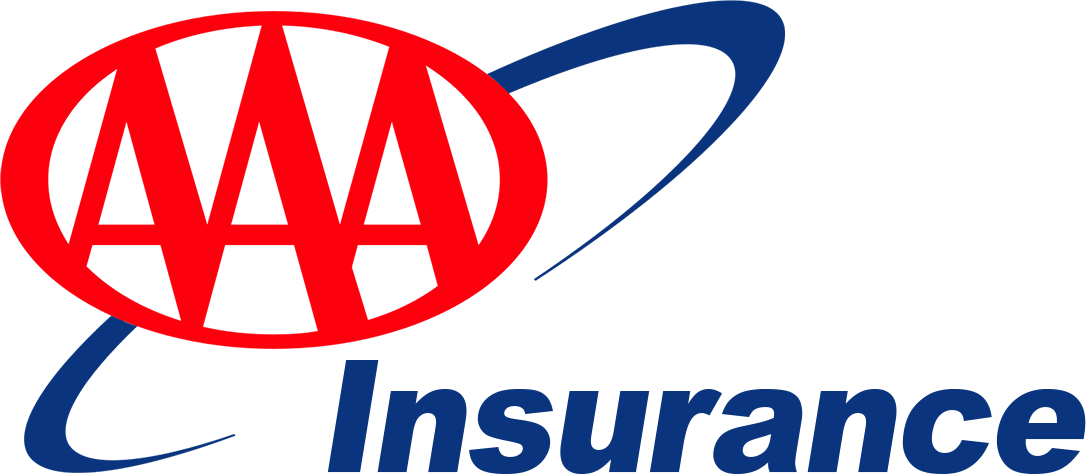 2,934 reviews
2,934 reviewsCompany Facts
Minimum Coverage for No-Fault
A.M. Best Rating
Complaint Level
Pros & Cons
 2,934 reviews
2,934 reviews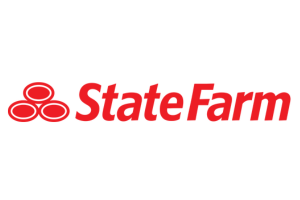 17,759 reviews
17,759 reviewsCompany Facts
Minimum Coverage for No-Fault
A.M. Best Rating
Complaint Level
Pros & Cons
 17,759 reviews
17,759 reviewsFor those seeking cheap no-fault auto insurance, Geico, AAA, and State Farm are the most affordable options. With monthly rates at $30, Geico is our top pick overall for the cheapest no-fault auto insurance company. AAA features customizable policies, while State Farm has a wide range of coverage options.
You can find cheap no-fault auto insurance from reputable companies such as Geico, AAA, and State Farm. However, you can still find cheap no-fault insurance by comparing costs from the top no-fault insurance companies.
Our Top 10 Company Picks: Cheap No-Fault Auto Insurance
Company Rank Monthly Rates A.M. Best Best For Jump to Pros/Cons
#1 $30 A++ Low Cost Geico
#2 $32 A+ Membership AAA
#3 $33 A++ Customer Care State Farm
#4 $37 A++ Coverage Range Travelers
#5 $39 A+ Online Access Progressive
#6 $44 A+ Policy Savings Nationwide
#7 $45 A Custom Options American Family
#8 $53 A Local Agents Farmers
#9 $61 A+ Full Coverage Allstate
#10 $68 A Flexible Plans Liberty Mutual
Below, we’ll overview the best companies for cheap no-fault auto insurance. Enter your ZIP code into our free quote comparison above to find a cheap no-fault auto insurance policy.
- No-fault auto insurance is also called personal injury protection coverage (PIP)
- No-fault coverage pays for medical bills after a collision, no matter who was at fault
- Geico is our top winner for no-fault insurance, with rates starting at $30 per month
Free Auto Insurance Comparison
Compare Quotes From Top Companies and Save
Secured with SHA-256 Encryption
Free Auto Insurance Comparison
Enter your ZIP code below to view companies that have cheap auto insurance rates.
Secured with SHA-256 Encryption
#1 – Geico: Strong Customer Satisfaction
Pros
- Competitive Pricing: Geico is renowned for its affordability, often offering lower premiums compared to many competitors, making it an attractive option for no-fault auto insurance.
- Nationwide Coverage: Geico operates in all 50 states, providing convenient access to insurance coverage everywhere in the U.S., including the District of Columbia. Learn more in our Geico auto insurance review.
- Fast Claims Processing: Geico is known for its efficient claims processing and responsive customer service, with many claims being handled quickly and smoothly.
Cons
- Limited Coverage Options: Geico may not offer as many add-on coverage options, such as gap insurance, new car replacement, a vanishing deductible or rideshare insurance, compared to other providers.
- Limited Network of Agents: While Geico offers excellent online and phone support, some customers may prefer face-to-face interaction with local agents, which may be limited in certain areas.
#2 – AAA: Policy Customization
Pros
- Membership Perks: AAA members may enjoy additional benefits such as roadside assistance, pet insurance, or wedding insurance, as well as discounts on travel and retail services, and access to exclusive insurance products.
- Many Discount Opportunities: AAA offers a range of discount options, including AAA membership discount, good student discount, advanced shopping discount, auto insurance loyalty discount, multi-car discount, and teen smart discount.
- Strong Financial Stability: As found in our AAA auto insurance review, the company is a well-established and reputable organization with an A.M. Best rating of A+ Superior, suggesting its strong financial stability.
Cons
- Limited Availability: AAA insurance is only available to AAA members, which may limit options for non-members.
- Higher Premiums for Non-Members: Non-members may face higher premiums with AAA compared to other insurers, as membership discounts are not applicable to them, potentially making it less competitive in terms of pricing.
#3 – State Farm: Strong Financial Ratings
Pros
- Extensive Agent Network: State Farm has over 19,000 independent agents across the U.S. who are licensed to provide personalized service to customers in their local communities.
- Robust Coverage Options: State Farm offers a wide range of coverages, however availability and specific coverage options may vary by location. Learn more about the State Farm’s coverage options in our State Farm auto insurance review.
- Strong Financial Stability: State Farm is highly rated by A.M. Best (A++) and S&P Global Ratings (AA), offering peace of mind to policyholders.
Cons
- Higher Premiums: While State Farm generally offers competitive rates, some drivers, particularly those with bad driving records or living in certain locations, may face higher premiums compared to other insurers.
- Limited Discounts: While State Farm’s discount offerings may not be as extensive as those of some other insurers, potentially limiting the opportunity to save on premiums.
Free Auto Insurance Comparison
Enter your ZIP code below to view companies that have cheap auto insurance rates.
Secured with SHA-256 Encryption
#4 – Travelers: Comprehensive Coverage
Pros
- Comprehensive Coverage: Travelers offers a range of coverage options, including no-fault insurance, providing comprehensive protection. Read more about comprehensive auto insurance.
- Strong Financial Ratings: Travelers has an A.M. Best rating of A++, or “Superior,” indicating its strong operating performance. Learn more in this Travelers auto insurance review.
- Flexible Payment Options: Travelers may offer flexible payment plans, allowing policyholders to manage their premiums more effectively.
Cons
- Limited Availability: Travelers is available in 42 U.S. states, plus Washington, D.C. You cannot get a Travelers’ insurance quote in Alaska, Hawaii, Louisiana, Michigan, North and South Dakota, West Virginia, and Wyoming.
- Potentially Higher Premiums: Drivers with poor driving records or living in high-risk areas may face higher car insurance premiums compared to other insurers.
#5 – Progressive: Extensive List of Discounts
Pros
- Name Your Price® Tool: Progressive’s unique tool called Name Your Price® allows customers to customize their coverage based on their budget, potentially making it easier to find affordable coverage.
- Innovative Technology: Progressive utilizes advanced technology for claims processing and customer service, enhancing efficiency and potentially leading to great savings for policyholders.
- Range of Discounts: Progressive offers various auto insurance discounts, including safe driver, multi-policy, and online quote discounts, as well as rewards programs that can help lower premiums.
Cons
- Mixed Customer Reviews: While Progressive’s claims handling and customer service are generally satisfactory, some customers report dissatisfaction with communication or claims resolution processes (Read more: Progressive Auto Insurance Review).
- Credit-Based Rates: Progressive uses credit score as one of the factors to determine no-fault insurance premiums. This means that drivers with lower credit scores could end up paying higher premiums despite having a clean driving record.
#6 – Nationwide: Available in all U.S. States
Pros
- Nationwide Availability: Nationwide offers coverage in all, but three states – Alaska, Louisiana and Massachusetts, making it convenient for customers to obtain no-fault coverage regardless of their location (Read more: Nationwide Auto Insurance Review).
- Multi-Policy Discounts: Nationwide offers discounts for bundling auto insurance with other policies, potentially saving money for policyholders.
- Additional Benefits: Nationwide offers additional benefits such as roadside assistance, rental car reimbursement, accident forgiveness, Nationwide Smartmiles, which can provide added value to policyholders at no extra cost.
Cons
- Few Local Agents: Nationwide has a network of auto insurance agents, but some customers may find that there are fewer local agents available compared to other insurers.
- Limited Coverage Options: Nationwide may not provide as many add-on coverage options or customization features compared to some other insurers.
Free Auto Insurance Comparison
Enter your ZIP code below to view companies that have cheap auto insurance rates.
Secured with SHA-256 Encryption
#7 – American Family: Competitive Rates
Pros
- Personalized Service: American Family agents provide personalized service to policyholders.
- Competitive Rates: American Family offers competitive rates for no-fault auto insurance, potentially saving money for customers.
- Variety of Coverage Options: American Family offers a range of coverage options, including no-fault coverage to suit different needs and preferences. Learn more in this American Family auto insurance review.
Cons
- Limited Availability: American Family offers coverage in 19 U.S. states, limiting options for customers in certain locations. (Compare American Family vs. Progressive Auto Insurance).
- Mixed Customer Satisfaction: While many customers are satisfied, some report issues with claims processing and communication.
#8 – Farmers: Personalized Service
Pros
- Personalized Service: Farmers insurance agents provide personalized service to policyholders, helping them choose the right no-fault insurance coverage.
- Many Discounts: Farmers offers a variety of auto insurance discounts that can help policyholders save money on their no-fault auto insurance premiums.
- Strong Financial Stability: Farmers’ financial strength and stability provide reassurance to policyholders. Learn more in our Farmers auto insurance review.
Cons
- Potentially Higher Premiums: Farmers’ premiums may be higher compared to some competitors, particularly for certain demographics.
- No Gap Insurance: Farmers does not offer gap insurance as an optional coverage for auto insurance policies, which means you will have to worry about coming up with extra money to pay off your loan or lease if your car is totaled or stolen.
#9 – Allstate: Recognized Name in the Insurance Industry
Pros
- Recognized Name: Our Allstate auto insurance review suggests that the company is a well-known and trusted insurance provider with a long history in the industry.
- Customizable Policies: Allstate offers customizable policies with a range of coverage options to suit individual needs.
- Innovative Tools: Allstate provides innovative tools and resources to help policyholders manage their insurance and claims.
Cons
- Potentially Higher Premiums: Allstate’s premiums may be higher for certain demographics, such as teen, adult, and senior drivers, as well as drivers with low credit score and those with a speeding ticket on their record.
- Mixed Customer Satisfaction: According to NAIC, some customers report dissatisfaction with Allstate’s claims handling, policy cancellations, and customer service.
Free Auto Insurance Comparison
Enter your ZIP code below to view companies that have cheap auto insurance rates.
Secured with SHA-256 Encryption
#10 – Liberty Mutual: Nationwide Availability
Pros
- Nationwide Coverage: Liberty Mutual operates in all 50 states, providing accessibility to a wide range of customers.
- Comprehensive Coverage Options: Liberty Mutual offers a wide range of coverage options, allowing policyholders to tailor their policies to their needs. Find more about the company’s coverages in this Liberty Mutual auto insurance review.
- Many Savings Programs: The company offers a telematics program called Liberty Mutual RightTrack, which allows you to earn discounts based on your driving behavior.
Cons
- Expensive for Young Drivers: On average, teens will pay $555/mo for car insurance with Liberty Mutual. However, discounts for being a good student or student away at college discount can help you save on premiums.
- Few Agents: Customers may not have access to in-person support from local agents, and therefore may need to rely solely on online or phone support.
No-Fault Auto Insurance Defined
What is no-fault coverage? No-fault insurance is often called personal injury protection (PIP) coverage and helps pay medical expenses after an accident. No-fault insurance applies to anyone in your car and works even if you caused the accident. Many state minimum auto insurance requirements include no-fault auto insurance to pay for their medical expenses after getting injured in an accident.
So, how does insurance work if its not your fault? No-fault insurance covers medical bills whenever you or your passengers are injured in a collision. Some insurance types only cover damage when a specific person is responsible. For example, your liability auto insurance only covers damage you cause to other drivers. It doesn’t pay for your car if someone hits you.
No-fault insurance pays for medical expenses no matter what happens. If you or one of your passengers is injured in any collision, your no-fault insurance has you covered. No-fault coverage extends to injuries sustained as a passenger in other cars and if you’re a pedestrian hit by a vehicle.
In most cases, no-fault insurance is optional — only a few states require it. However, no-fault insurance is not available in every state. You can look into medical payments coverage if you live in a state that doesn’t sell no-fault insurance.
What No-Fault Auto Insurance Covers
While they cover similar things, no-fault insurance covers a lot more than medical payments coverage. Coverage varies by state and company, but no-fault insurance usually covers the following:
- Medical bills
- Lost income due to injuries sustained in an accident
- Funeral expenses if someone dies in the accident
- Life services while you recover, like house cleaning or dog walking
- Physical therapy
No-fault insurance doesn’t help pay for repairs to your vehicle, but it helps for just about everything related to medical expenses after an accident.
Free Auto Insurance Comparison
Enter your ZIP code below to view companies that have cheap auto insurance rates.
Secured with SHA-256 Encryption
No-Fault Auto Insurance Cost
How much does no-fault insurance cost? Like other types of auto insurance, the cost of no-fault coverage depends on several factors. One of the most important is how much no-fault insurance your state requires. The more insurance you need, the higher your rates will be.
Michigan is an excellent example of state requirements affecting your insurance costs. Michigan requires drivers to carry a $250,000 limit for no-fault insurance, leading to the country’s highest insurance rates. Read more about Michigan auto insurance.
Check out this table to compare no-fault auto insurance rates by coverage type from the top car insurance companies:
Cheap Auto Insurance Monthly Rates for No-Fault by Coverage Type
Insurance Company Minimum Coverage Full Coverage
Geico $30 $80
AAA $32 $86
State Farm $33 $86
Travelers $37 $99
Progressive $39 $105
Nationwide $44 $115
American Family $45 $117
Farmers $53 $139
Allstate $61 $160
Liberty Mutual $68 $174
Although no-fault insurance adds a lot of value to your policy, the average policy adds about $75 monthly to your rates. While residents in states requiring no-fault insurance must add it to their policy, financial protection against medical bills benefits everyone.
Auto Insurance Discounts by the Top Cheapest No-Fault Insurance Companies
Check out the table below to explore auto insurance discounts available from the cheapest no-fault insurance providers that can help reduce your car insurance premiums.
As you can see, no-fault car insurance companies like Geico, Travelers, and Natiowide offer discounts based on factors like being a safe driver, owning multiple cars, or taking a driving safety course. You can also get a discount for bundling auto insurance with home insurance or signing up to a usage-based program, with up to 30% savings.
States Offering No-Fault Auto Insurance Coverage
Most states require a minimum amount of insurance, but only a few require no-fault insurance. Several other states allow drivers to buy no-fault insurance but don’t require it.
Minimum Liability Auto Insurance Requirements by State
| States | Coverages | Liability Limits | PIP Limit | No-Fault/At-Fault |
|---|---|---|---|---|
| Alabama | Bodily injury & property damage liability | 25/50/25 | X | At-Fault |
| Alaska | Bodily injury & property damage liability | 50/100/25 | X | At-Fault |
| Arizona | Bodily injury & property damage liability | 25/50/15 | X | At-Fault |
| Arkansas | Bodily injury & property damage liability, personal injury protection (PIP) | 25/50/25 | $5,000, optional | At-Fault |
| California | Bodily injury & property damage liability | 15/30/5 | X | At-Fault |
| Colorado | Bodily injury & property damage liability | 25/50/15 | X | At-Fault |
| Connecticut | Bodily injury & property damage liability, uninsured motorist, underinsured motorist | 25/50/25 | X | At-Fault |
| Delaware | Bodily injury & property damage liability, personal injury protection (PIP) | 25/50/10 | $30,000 | At-Fault |
| Florida | Property damage liability, personal injury protection (PIP) | 10/20/10 | $10,000 | No-Fault |
| Georgia | Bodily injury & property damage liability | 25/50/25 | X | At-Fault |
| Hawaii | Bodily injury & property damage liability, personal injury protection (PIP) | 20/40/10 | $10,000 | No-Fault |
| Idaho | Bodily injury & property damage liability | 25/50/15 | X | At-Fault |
| Illinois | Bodily injury & property damage liability, uninsured motorist, underinsured motorist | 25/50/20 | X | At-Fault |
| Indiana | Bodily injury & property damage liability | 25/50/25 | X | At-Fault |
| Iowa | Bodily injury & property damage liability | 20/40/15 | X | At-Fault |
| Kansas | Bodily injury & property damage liability, personal injury protection (PIP) | 25/50/25 | $9,000 | No-Fault |
| Kentucky | Bodily injury & property damage liability, personal injury protection (PIP), uninsured motorist, underinsured motorist | 25/50/25 | $10,000 | No-Fault |
| Louisiana | Bodily injury & property damage liability | 15/30/25 | X | At-Fault |
| Maine | Bodily injury & property damage liability, uninsured motorist, underinsured motorist, medical payments | 50/100/25 | X | At-Fault |
| Maryland | Bodily injury & property damage liability, personal injury protection (PIP), uninsured motorist, underinsured motorist | 30/60/15 | $2,500, optional | At-Fault |
| Massachusetts | Bodily injury & property damage liability, personal injury protection (PIP) | 20/40/5 | $8,000 | No-Fault |
| Michigan | Bodily injury & property damage liability, personal injury protection (PIP) | 20/40/10 | $50,000 | No-Fault |
| Minnesota | Bodily injury & property damage liability, personal injury protection (PIP), uninsured motorist, underinsured motorist | 30/60/10 | $40,000 | No-Fault |
| Mississippi | Bodily injury & property damage liability | 25/50/25 | X | At-Fault |
| Missouri | Bodily injury & property damage liability, uninsured motorist | 25/50/25 | X | At-Fault |
| Montana | Bodily injury & property damage liability | 25/50/20 | X | At-Fault |
| Nebraska | Bodily injury & property damage liability, uninsured motorist, underinsured motorist | 25/50/25 | X | At-Fault |
| Nevada | Bodily injury & property damage liability | 25/50/20 | X | At-Fault |
| New Hampshire | Financial responsibility only | 25/50/25 | X | At-Fault |
| New Jersey | Bodily injury & property damage liability, personal injury protection (PIP), uninsured motorist, underinsured motorist | 15/30/5 | $15,000 | No-Fault |
| New Mexico | Bodily injury & property damage liability | 25/50/10 | X | At-Fault |
| New York | Bodily injury & property damage liability, personal injury protection (PIP), uninsured motorist, underinsured motorist | 25/50/10 | $50,000 | No-Fault |
| North Carolina | Bodily injury & property damage liability, uninsured motorist, underinsured motorist | 30/60/25 | X | At-Fault |
| North Dakota | Bodily injury & property damage liability, personal injury protection (PIP), uninsured motorist, underinsured motorist | 25/50/25 | $30,000 | No-Fault |
| Ohio | Bodily injury & property damage liability | 25/50/25 | X | At-Fault |
| Oklahoma | Bodily injury & property damage liability | 25/50/25 | X | At-Fault |
| Oregon | Bodily injury & property damage liability, personal injury protection (PIP), uninsured motorist, underinsured motorist | 25/50/20 | $15,000 | At-Fault |
| Pennsylvania | Bodily injury & property damage liability, personal injury protection (PIP) | 15/30/5 | $5,000 | No-Fault |
| Rhode Island | Bodily injury & property damage liability | 25/50/25 | X | At-Fault |
| South Carolina | Bodily injury & property damage liability, uninsured motorist | 25/50/25 | X | At-Fault |
| South Dakota | Bodily injury & property damage liability, uninsured motorist, underinsured motorist | 25/50/25 | X | At-Fault |
| Tennessee | Bodily injury & property damage liability | 25/50/15 | X | At-Fault |
| Texas | Bodily injury & property damage liability, personal injury protection (PIP) | 30/60/25 | $2,500, optional | At-Fault |
| Utah | Bodily injury & property damage liability, personal injury protection (PIP) | 25/65/15 | $3,000 | No-Fault |
| Vermont | Bodily injury & property damage liability, uninsured motorist, underinsured motorist | 25/50/10 | X | At-Fault |
| Virginia | Bodily injury & property damage liability, uninsured motorist, underinsured motorist | 25/50/20 | X | At-Fault |
| Washington | Bodily injury & property damage liability | 25/50/10 | $10,000, optional | At-Fault |
| Washington, D.C. | Bodily injury & property damage liability, uninsured motorist | 25/50/10 | $50,000, optional | At-Fault |
| West Virginia | Bodily injury & property damage liability, uninsured motorist, underinsured motorist | 25/50/25 | X | At-Fault |
| Wisconsin | Bodily injury & property damage liability, uninsured motorist, medical payments | 25/50/10 | X | At-Fault |
| Wyoming | Bodily injury & property damage liability | 25/50/20 | X | At-Fault |
Kentucky, Pennsylvania, and New Jersey auto insurance laws allow drivers to choose between no-fault insurance and full tort liability, which changes how much you can sue another driver. Full tort liability insurance tends to be more expensive than no-fault coverage.
States that allow for the sale of no-fault insurance without requiring it include:
- Arkansas
- Delaware
- Maryland
- New Hampshire
- Oregon
- South Dakota
- Texas
- Virginia
- Washington
- Wisconsin
As you can see, the number of states that offer no-fault insurance is limited. If you’re interested in no-fault insurance, make sure it’s available in your state.
How to File a No-Fault Auto Insurance Claim
Filing a claim with no-fault insurance is a much simpler process than dealing with another driver’s company.
So, what is a no-fault claim?
When you’re in an accident or collision, you can file a no-fault claim the same way you would with any other type of coverage. Most large insurance companies allow you to file a claim on a website or mobile app, but you can always call and speak with a representative.Dani Best LICENSED INSURANCE PRODUCER
Since this is a no-fault insurance claim, you don’t have to worry about proving anything about your claim. No-fault insurance only pays for specific injuries, but filing your auto insurance claim is relatively simple.
Free Auto Insurance Comparison
Enter your ZIP code below to view companies that have cheap auto insurance rates.
Secured with SHA-256 Encryption
Find Affordable No-Fault Auto Insurance Today
No-fault insurance is valuable coverage that can protect you and your passengers from expensive health care bills after an accident. While it can increase your insurance rates significantly, protecting yourself from costly medical bills is worth it. Find the best auto insurance companies without penalties for no-fault accidents.
Looking to save some serious cash on your insurance coverage?💰https://t.co/27f1xf131D can help keep more money in your bank!🤑Getting cheap insurance coverage that still meets your needs is possible, and we can show you how!🙌 Learn more here👉: https://t.co/933zXMWCxl pic.twitter.com/eAxixkhjvw
— AutoInsurance.org (@AutoInsurance) May 15, 2023
However, not all states sell no-fault insurance. An insurance representative can help you determine what’s available in your state, and comparing rates will help you find the most affordable coverage. Enter your ZIP code into our free quote comparison above to find a cheap no-fault auto insurance policy for you.
Frequently Asked Questions
Does no-fault insurance cover car damage?
No-fault insurance does not cover your car in any way. Instead, it covers medical bills, lost wages, physical therapy, and funeral expenses after a collision.
Which states have no-fault auto insurance?
The no-fault auto insurance states in the U.S. include Florida, Hawaii, Kansas, Kentucky, Massachusetts, Michigan, Minnesota, New Jersey, New York, North Dakota, Pennsylvania, and Utah.
What is a no-fault claim?
You can make a no-fault auto insurance claim if you or one of your passengers is injured in a collision. It doesn’t matter who caused the accident — you’re eligible to make a no-fault claim no matter what.
Is no-fault insurance worth it?
If you can fit it into your car insurance budget, no-fault coverage offers valuable protection against expensive health care bills. It also saves time by allowing you to skip dealing with someone else’s car insurance company.
Is Florida a no-fault state?
Florida requires drivers to carry at least $10,000 worth of personal injury protection insurance. Due to higher insurance requirements, extreme weather risks, heavy traffic, and dangerous highways, Florida auto insurance rates tend to be higher.
What is a no-fault state?
No-fault states limit how much you can sue another driver when they injure you in an accident. Instead, drivers must cover their medical expenses with personal injury protection insurance. Most no-fault insurance states require drivers to carry a minimum amount of personal injury protection insurance and liability coverage.
Is Michigan a no-fault state?
Like Florida, Michigan is a no-fault state requiring drivers to carry personal injury protection insurance. However, Michigan auto insurance requirements state that drivers must have at least $250,000 of personal injury protection insurance coverage.
How does no-fault auto insurance affect premiums?
No-fault auto insurance can impact insurance premiums differently depending on the state and individual circumstances. In general, no-fault coverage may result in higher premiums due to the increased coverage and benefits it provides.
However, there are other factors that affect auto insurance rates, such as driving record, vehicle type, and location. To get an idea of the cost of no-fault car insurance in your area, use our free online quote tool.
Can I choose between no-fault insurance and a traditional insurance system?
In states with a no-fault auto insurance system, drivers typically must carry no-fault coverage. However, in some states, drivers may have the option to choose between no-fault coverage and a traditional tort-based system, which allows for lawsuits to determine fault and seek compensation from the at-fault party.
What are the benefits of no-fault auto insurance?
No-fault auto insurance offers several benefits, including faster claim resolution, reduced litigation, and quicker access to medical care. By eliminating the need to determine fault, it streamlines the claims process, allowing injured parties to receive compensation promptly and focus on their recovery.
Are there any limitations to no-fault auto insurance?
Yes, there are limitations to no-fault auto insurance. While it covers medical expenses and certain economic losses, it may not cover property damage resulting from the accident. Additionally, some states have monetary thresholds or verbal threshold requirements that must be met before you can pursue a lawsuit against the at-fault party for non-economic damages, such as pain and suffering.
Is Illinois a no-fault state for auto accidents?
Illinois is not a no-fault state for auto accidents. According to Illinois auto insurance laws, the state follows a traditional fault-based system for auto insurance, where the driver who is found to be at fault for causing the accident is responsible for covering the damages and injuries resulting from the accident.
Is Maine a no-fault state?
No, Maine is not a no-fault state for auto insurance. Maine follows a fault-based system, also known as a tort system, for handling auto insurance claims.
Is Nebraska a no-fault state?
Nebraska follows a fault-based system, also known as a tort system, which means that the driver who is determined to be at fault for causing an accident is responsible for covering the damages and injuries resulting from the accident.
Is Wisconsin a no-fault state?
According to Wisconsin auto insurance laws, the state follows a fault-based system which means that the at-fault driver’s insurance company typically pays for the damages and medical expenses of the other parties involved in the accident.
Will insurance pay out if it was my fault?
Whether insurance will pay out if you are at fault in an accident depends on several factors, such as the type of coverage, coverage limits, state laws, and deductible.
Who pays for car damage in a no-fault state like Pennsylvania?
In a no-fault state like Pennsylvania, each driver’s insurance typically pays for their own damages and injuries, regardless of who is at fault for the accident. This means that regardless of who caused the accident, each party involved would turn to their own insurance company to cover their medical expenses and damages to their vehicle.
However, Pennsylvania’s no-fault system does allow drivers to step outside of the no-fault system and pursue a claim against the at-fault driver for certain damages under certain circumstances.
What is the no-fault principle? What is the rule of no-fault liability?
The no-fault principle, also known as no-fault liability, is a legal concept in insurance law that determines how compensation is provided to parties involved in an accident or injury, regardless of who is at fault. Use our free tool to get no-fault insurance quotes today!
Free Auto Insurance Comparison
Enter your ZIP code below to view companies that have cheap auto insurance rates.
Secured with SHA-256 Encryption
Chris Abrams
Licensed Insurance Agent
Chris is the founder of Abrams Insurance Solutions and Marcan Insurance, which provide personal financial analysis and planning services for families and small businesses across the U.S. His companies represent nearly 100 of the top-rated insurance companies. Chris has been a licensed insurance agent since 2009 and has active insurance licenses in all 50 U.S. states and D.C. Chris works tireles...
Licensed Insurance Agent
Editorial Guidelines: We are a free online resource for anyone interested in learning more about auto insurance. Our goal is to be an objective, third-party resource for everything auto insurance related. We update our site regularly, and all content is reviewed by auto insurance experts.

